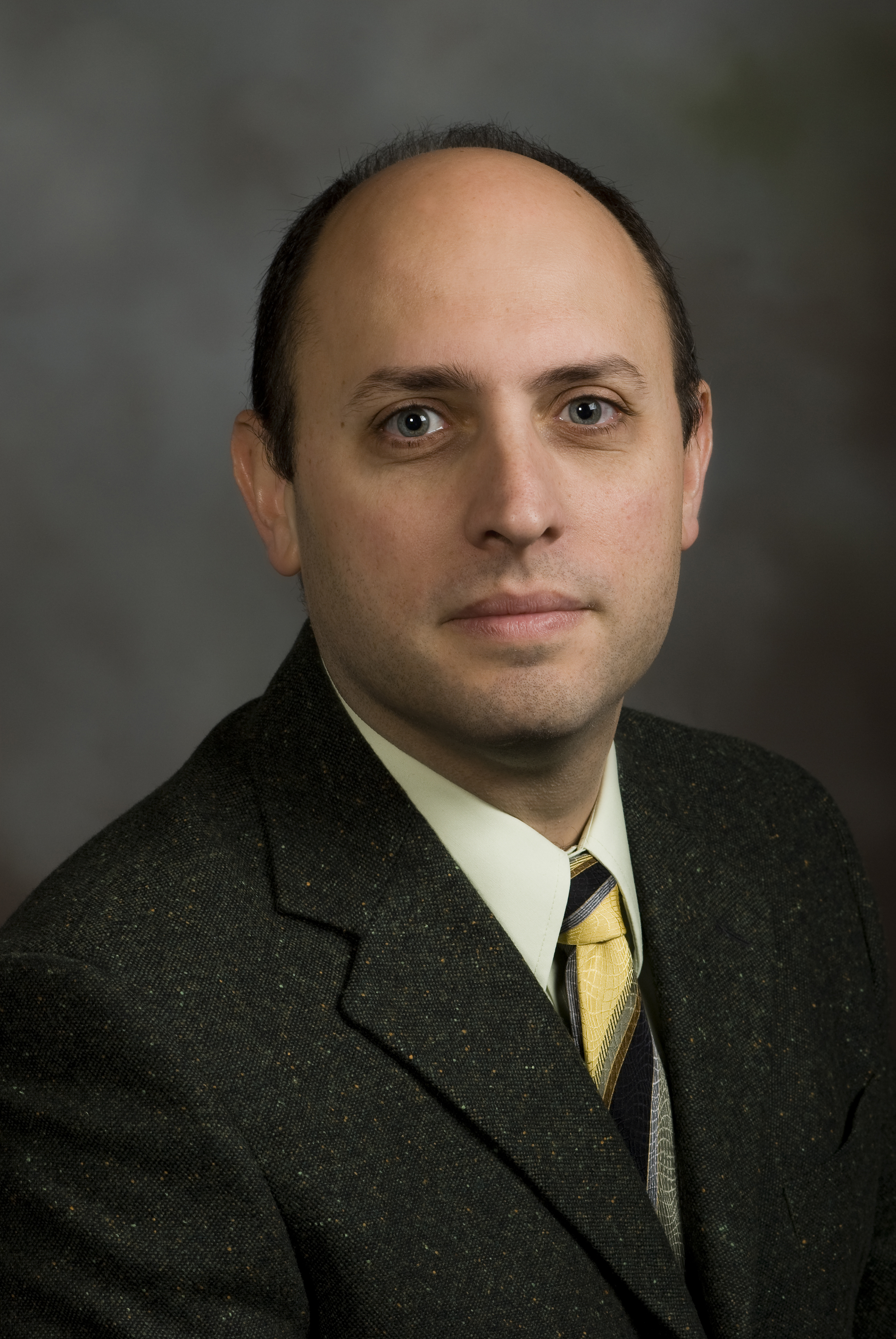Alexander Leonessa's disabilities research garners an NSF directorate position

Alexander Leonessa, associate professor of mechanical engineering at Virginia Tech, is joining the National Science Foundation for a two-year period, effective Sept. 2.
Leonessa will assume the position of NSF Director for the General and Age Related Disabilities Program, part of the division of chemical, bioengineering, environmental, and transport systems.
This program supports fundamental engineering research that will lead to the development of new technologies, devices, or software for persons with disabilities. Areas of particular interest are disability-related research in neuro-engineering and in rehabilitation robotics.
It also supports undergraduate engineering design projects, especially those that provide custom-designed devices or software for persons with disabilities.
Leonessa, a 2011 recipient of an NSF CAREER award, has spent the past three years seeking to restore the voice of stroke patients and others who have suffered paralysis of the vocal folds. He has been working towards the development of a device that “has the potential of improving the quality of life for patients with vocal paralysis or neuromuscular disabilities, including traumatic brain injury, multiple sclerosis, cerebral palsy, and Parkinson’s disease,” Leonessa said.
Also, in an unforeseen extension of his efforts in this area, he has recently started working towards the biomanufacturing of an artificial voice box to be used in patients undergoing a laryngectomy, often performed to treat cancer, a severe trauma, or severe damage to the larynx from radiation treatment.
Leonessa is currently a key faculty member with Virginia Tech’s Center of Dynamic Systems Modeling and Control as well as the Terrestrial Robotics Engineering and Controls Laboratory. The members of these laboratories are currently working on the development of several autonomous platforms, including ground vehicles driven by scanning the brain of patients using one of the MRI machines at the Virginia Tech Carilion Research Institute, and several humanoid robots to be used for shipboard firefighting and to enter the Defense Advanced Research Projects Agency Robotics Challenge.
Leonessa received his two master's degrees and Ph.D. from Georgia Tech and his bachelor’s degree from the University of Rome (Italy).




